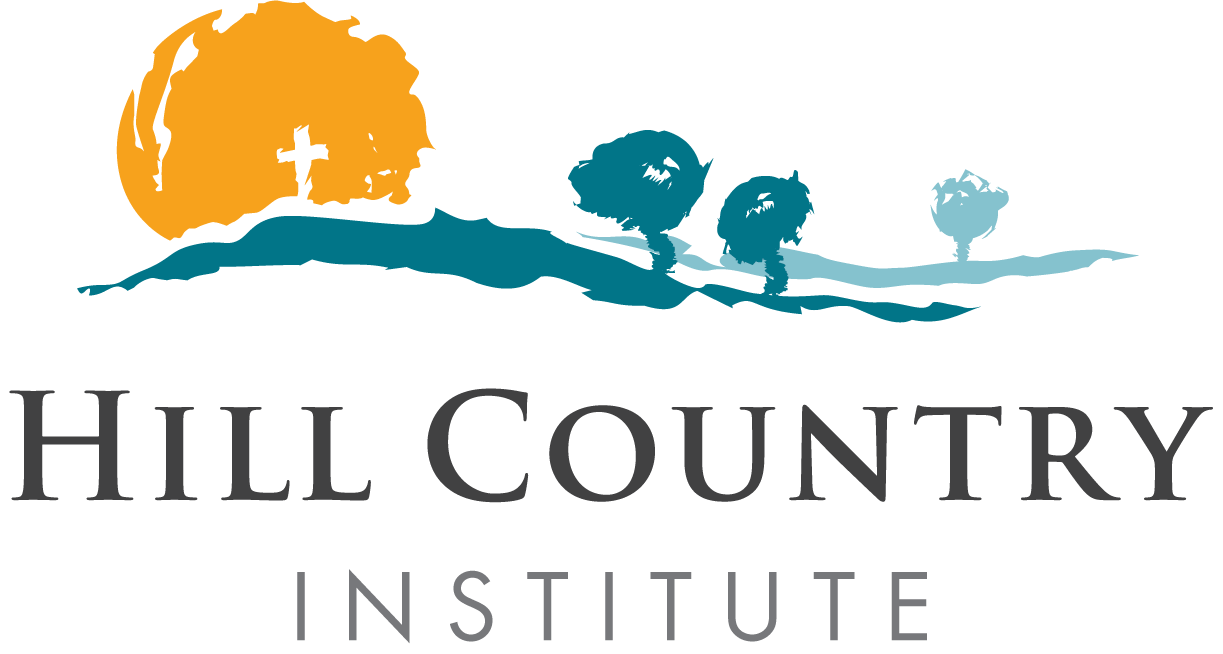Data from several independent lines of evidence will be discussed that indicate an age of the universe that is several billion years old.
Read MoreThis presentation looks at some of the challenges posed by the sciences for faith and how we might respond to them. Particular attention is paid to the way the New Atheism uses science as a weapon against religious belief. Finally, it is argued that we need to regain confidence in our ability to engage the sciences and use them as a gateway for faith.
Read MoreThe history of the alleged conflict is based on claims by science that is outside their domain and often claims by Christians which are a reflection of their interpretation of scripture. The possibility of abuse is present on both sides of the debate. A review of the history from the 1870s to the present will present examples of what should be avoided. Concerns with distortions in science for funding and political correctness will be reviewed and a positive approach for the interaction of faith and science will be offered.
Read MoreGenesis 2 is not a second account of the creation that differs from the Genesis 1 narrative. Instead, it focuses on the Garden of Eden and does not give a contradictory account of the first description given in the preceding chapter. This explanation will account for the change in the divine name, the expressions of the shrubs of the field, and grain of the field. The chapter also includes the divine building of a woman who is a power corresponding to the man.
Read MoreHow does Genesis 1-11 have and not have a bearing on science. Genesis 1-11 will be viewed in connection with other origin stories and as the front end of the worldview story. The idea of three different kinds of language from C.S. Lewis will be explored in relation to their application to Genesis 1-11. The idea of not being scientific will be contrasted with having no relevance to science. Poetic language will be shown as not the same as non-historical language.
Read More






